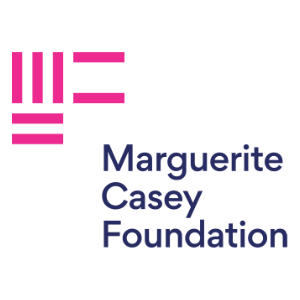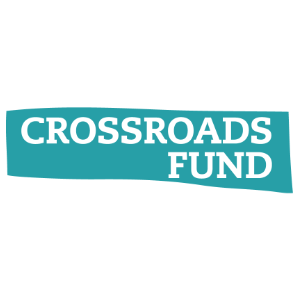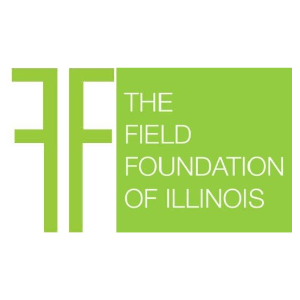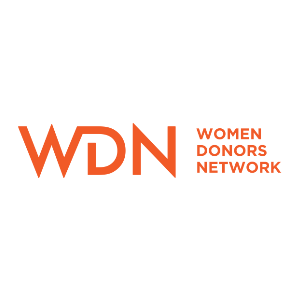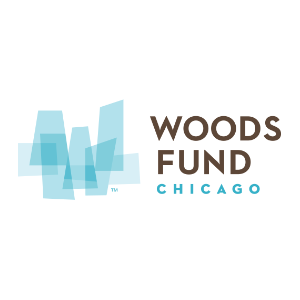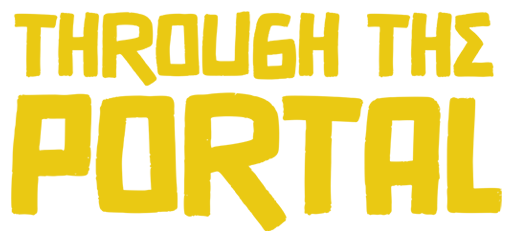From September 20-22, 2024, a pivotal gathering of a thousand artists, activists, and scholars converged in Chicago to culminate the Portal Project.
This two-year, movement-driven symposium ignited debates, dialogue, and collective envisioning on critical questions of justice, power, solidarity, and change.
Through the Portal was an opportunity to transcend the traditional boundaries of both academia and activism, hosting a convergence that connected scholar-activists with community-based and movement-focused intellectuals and artists. Speakers discussed a range of issues, including—abolition, economic democracy, climate justice, feminism, racial justice, and the threat of authoritarianism.
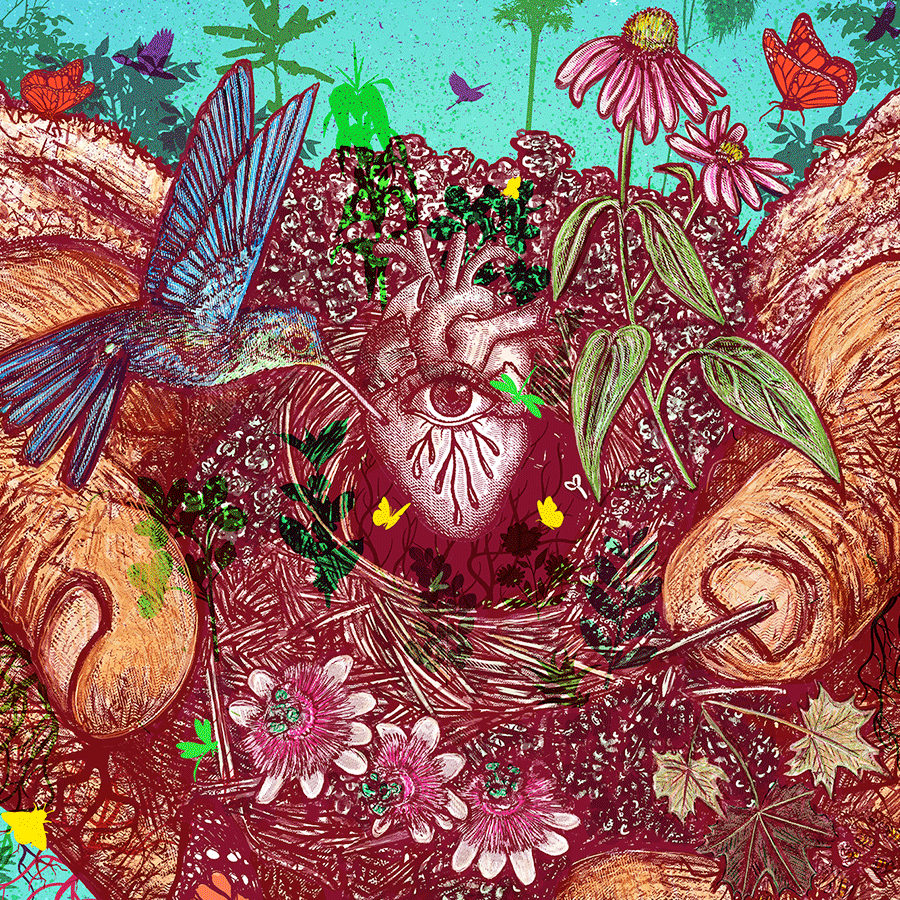
As the world stands on the brink of a historic national election amid global wars and political turmoil, “Through the Portal” offers a space to confront, assess, and reimagine our collective future.
TTP24 provided an opportunity to analyze the current situations on the ground in Palestine, South Africa, and Brazil, as well as offer frameworks for responding to the current injustices plaguing higher education, from attacks on CRT, Black, and Queer Studies, to spiraling student debt, to the exploitation of campus labor, and increased repression of dissent.
Why Chicago?
Chicago has a rich history of freedom struggles and freedom-making work. It has been the site of social and political movements that have shaped the city, the nation, and beyond. From the tumultuous labor strikes of the late 19th century, such as the pivotal Haymarket Affair in 1886 that won the eight-hour work day, to the profound contributions of the Civil Rights Movement and the Black Panther Party in the mid-20th century, Chicago has been at the forefront of advocating for workers’ rights, racial justice, and social equity.

In the 21st century, many pivotal struggles have been catalysts for change, from the historic 2012 Chicago teachers’ strike to hunger strikes in defense of public education to the 2014 vigils, marches, and rallies to protest the police murder of Laquan McDonald and massive immigrant justice mobilizations in 2006. These movements and campaigns have left an indelible mark on the city’s identity, showcasing the power of collective action and the importance of fighting for societal change.
Chicago’s contributions to movement building extend into cultural and feminist activism. The city played a pivotal role in the development of the LGBTQ+ and women’s rights movements. Chicago’s vibrant neighborhoods have fostered a sense of community and solidarity that transcends boundaries, inspiring diverse activists and thinkers.
The city’s universities and community organizations have become incubators for innovative ideas and strategies that address systemic inequalities, pushing the envelope on environmental justice, economic democracy, and more. Chicago’s roots of resistance run deep, serving as a beacon of hope and a testament to the enduring power of grassroots mobilization to enact social justice and transformative change.
Sponsors
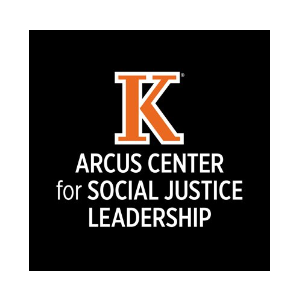
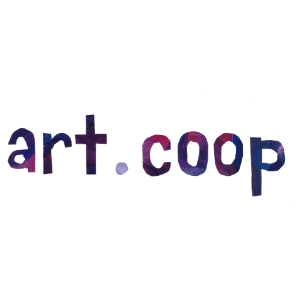
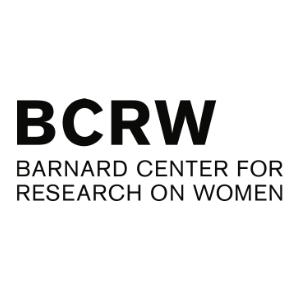
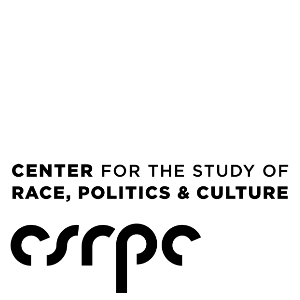
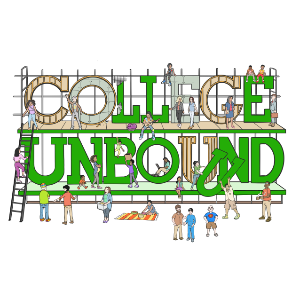
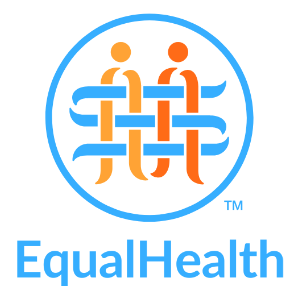
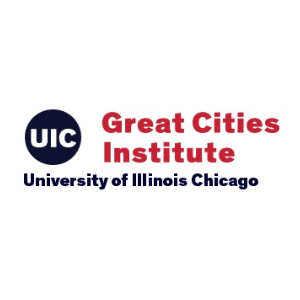

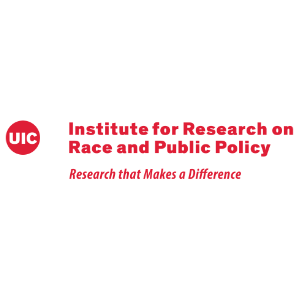
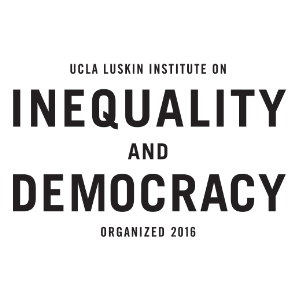
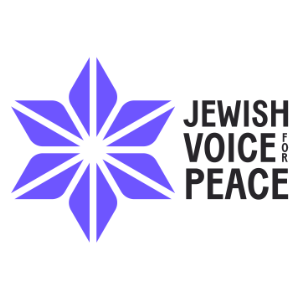
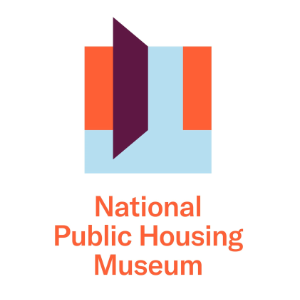
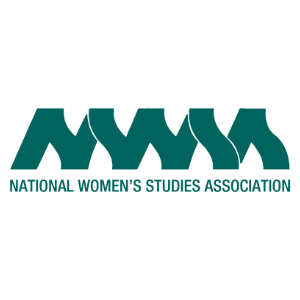
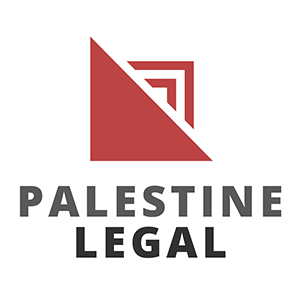
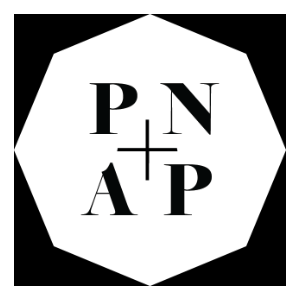
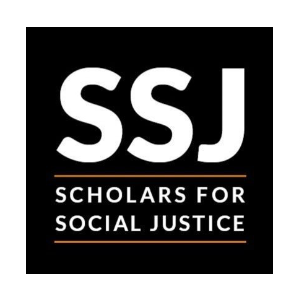
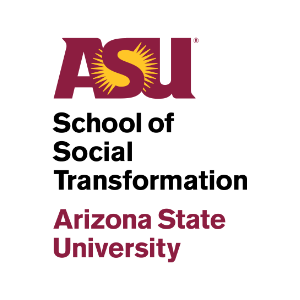

Funders
